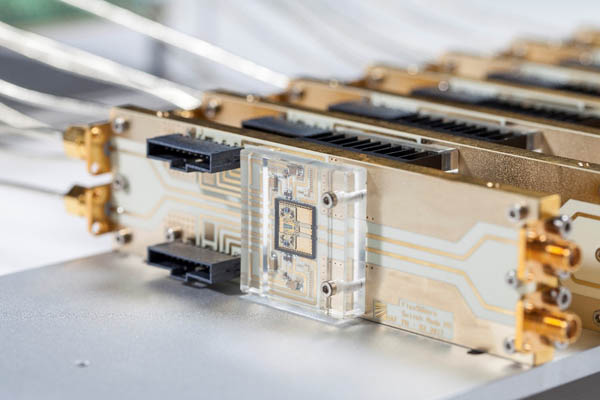
Sustainable use of Internet traffic
How can digitization contribute to sustainability, and what infrastructure is needed to achieve this without data traffic itself becoming a problem?
Rüdiger Quay researches data-transmission and sensor-technology concepts and their resource-efficient realization
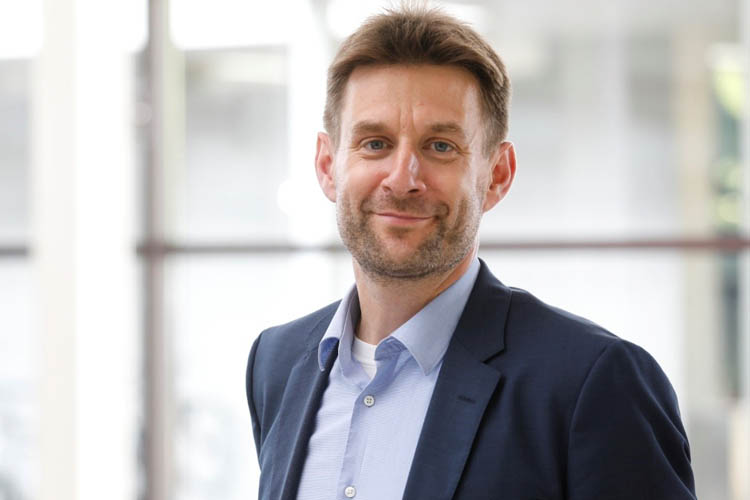
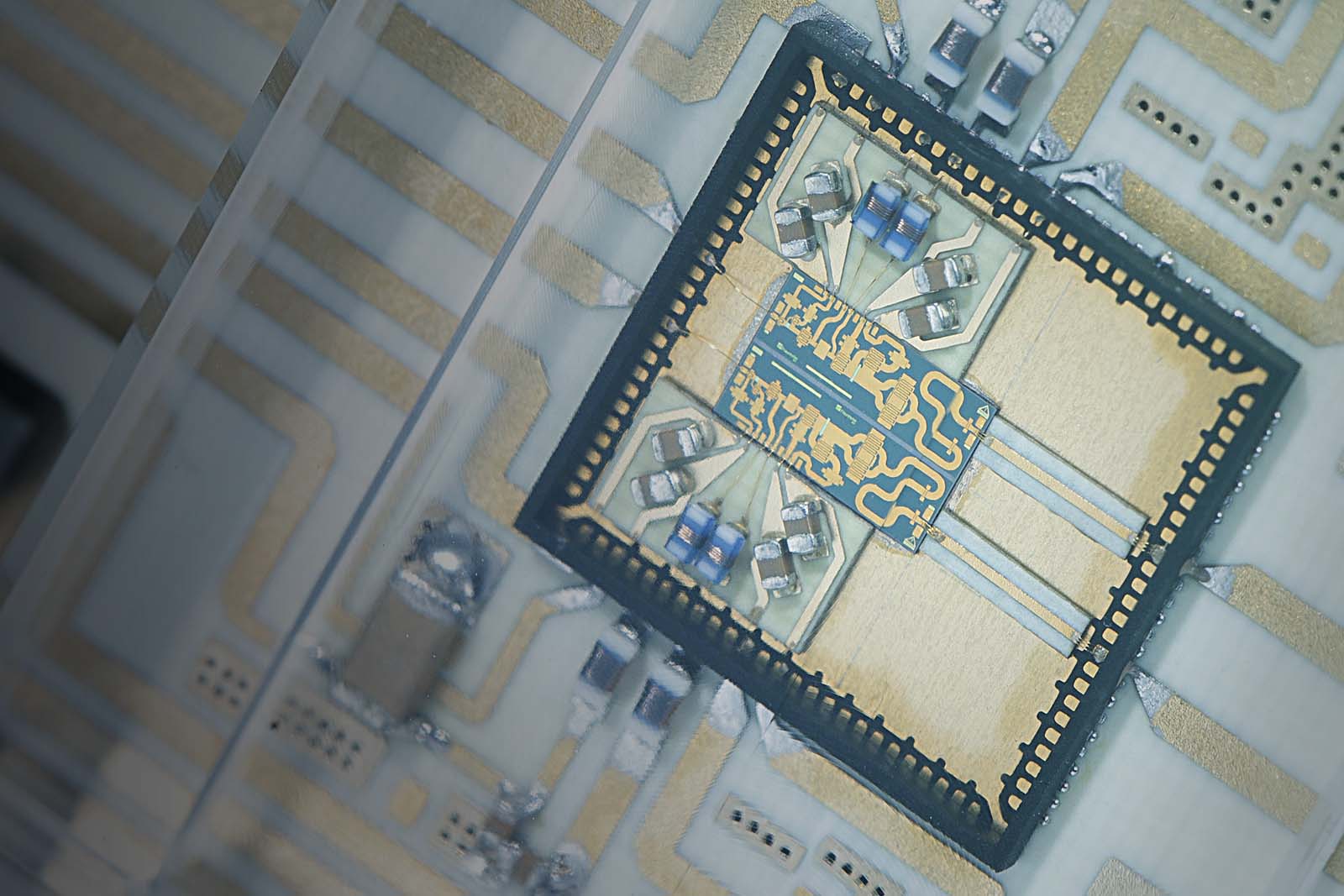
Data communications and data processing are the sources of innovation and digital progress that will continue to fundamentally transform our world over the next two decades. However, the consequent resource consumption of energy, CO2 and materials is enormous.
This consumption is basically due to the propagation properties of electromagnetic waves. At the same time, digitization with mobile and fiber-bound communication offers enormous savings potential in terms of sustainable development, for example by controlling mobility and production.
This development requires research into novel components based on new semiconductor materials, novel circuit concepts for analog and digital integrated circuits, novel construction techniques for antenna modules and novel concepts for their control and power supply. The increasing number of networked sensors will accelerate this development.
Scientifically, the focus here is on improving individual components and subsystems as well as the system as a whole. Minimizing energy consumption is being investigated at all levels, whether through better components such as amplifiers or through the use of novel system concepts. Measurement technology and design are valuable skills to model, design and realize novel circuits.
Another focus is on derived energy consumption, e.g. the global shift in energy consumption through internet use and the significant consumption of resources in the manufacture of high-tech products. The aim is to create a closed-loop recycling economy to minimize the current 50 million tons of electronic waste per year.
The key areas of research include sustainable Internet traffic and its efficiency in many forms, the handling of critical material resources and electronic waste, and the consideration of digitization from a sustainability perspective

How can digitization contribute to sustainability, and what infrastructure is needed to achieve this without data traffic itself becoming a problem?
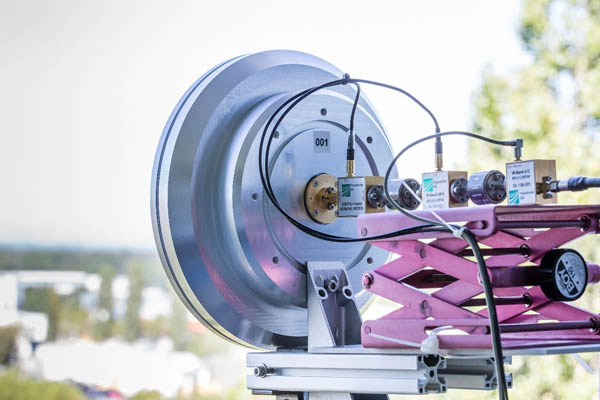
How can new Internet components and networks be designed to be resource-efficient and functional for the expected data rates by 2030?
The chair "Energy Efficient High Frequency Electronics" (EEH) is currently conducting research in the following areas:
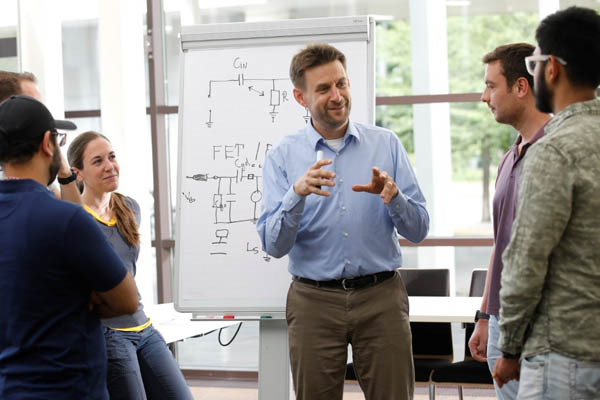
Prof. Dr. Rüdiger Quay
ruediger.quay@inatech.uni-freiburg.de
INATECH EEH
Energy-Efficient High-Frequency Electronics
Albert-Ludwigs-Universität Freiburg
Solar Info Center
2.OG
Emmy-Noether-Straße 2
79110 Freiburg
Germany
If you are interested in information on lectures, exams, research projects, and bachelor and masters programs, please email us at ruediger.quay@inatech.uni-freiburg.de. We will respond as quickly as possible with all relevant information.
We offer at any time:
Master's theses on circuit design, measurement and modeling, and sustainability considerations.
Please apply at: ruediger.quay@inatech.uni-freiburg.de
